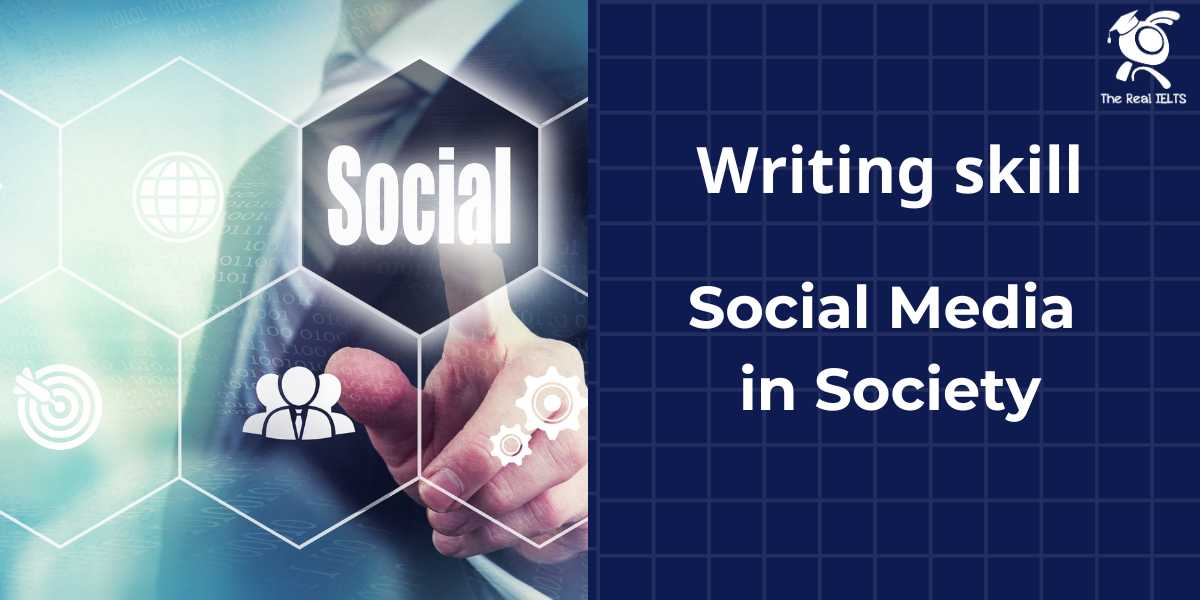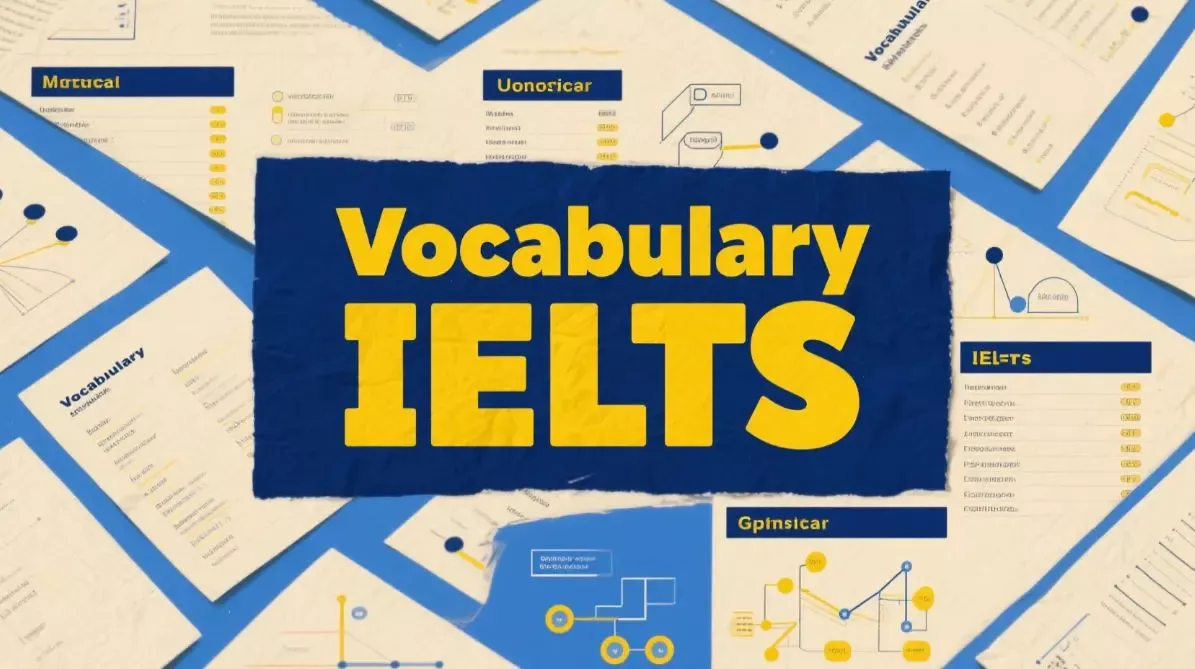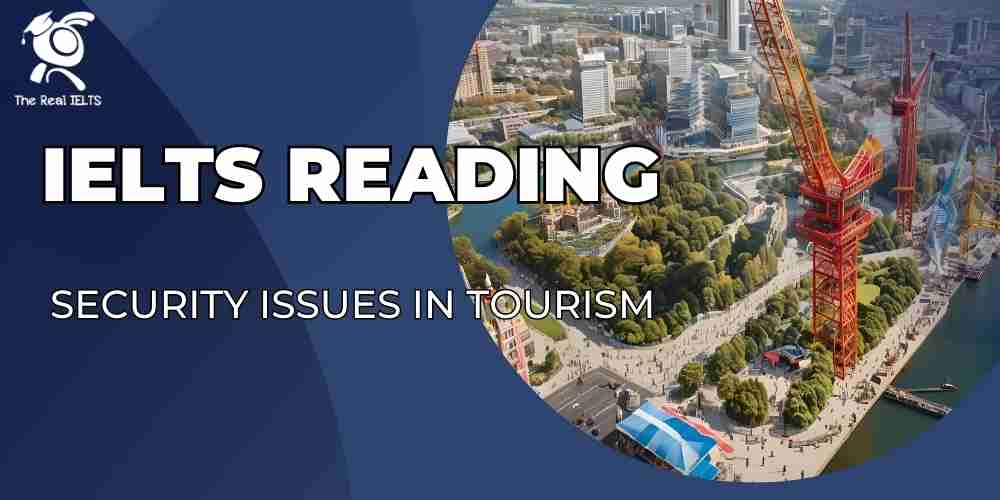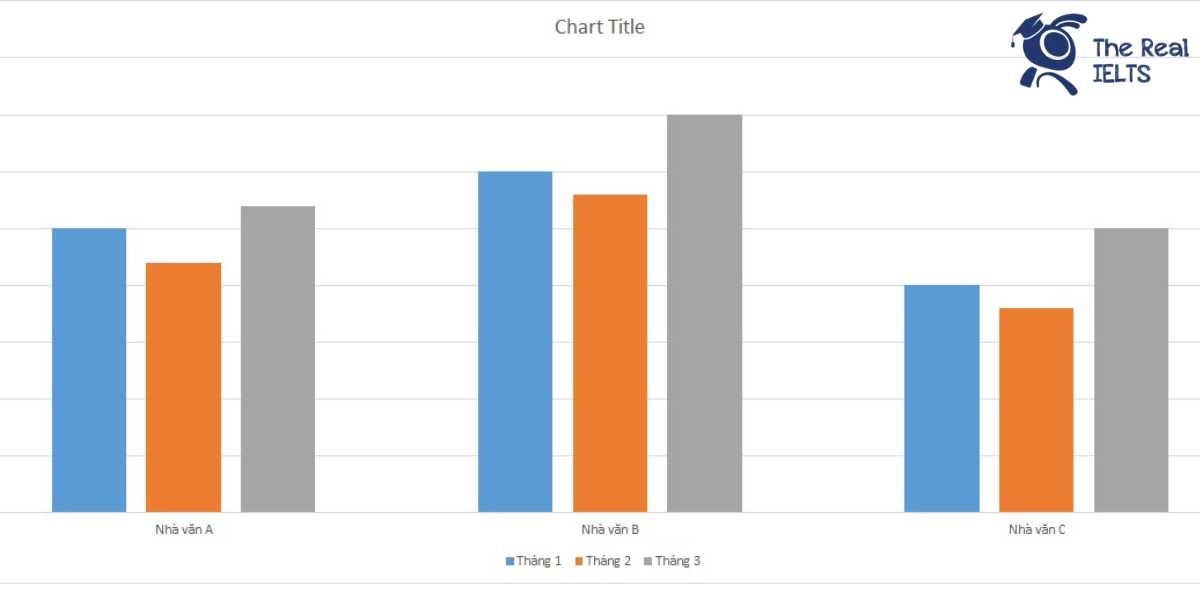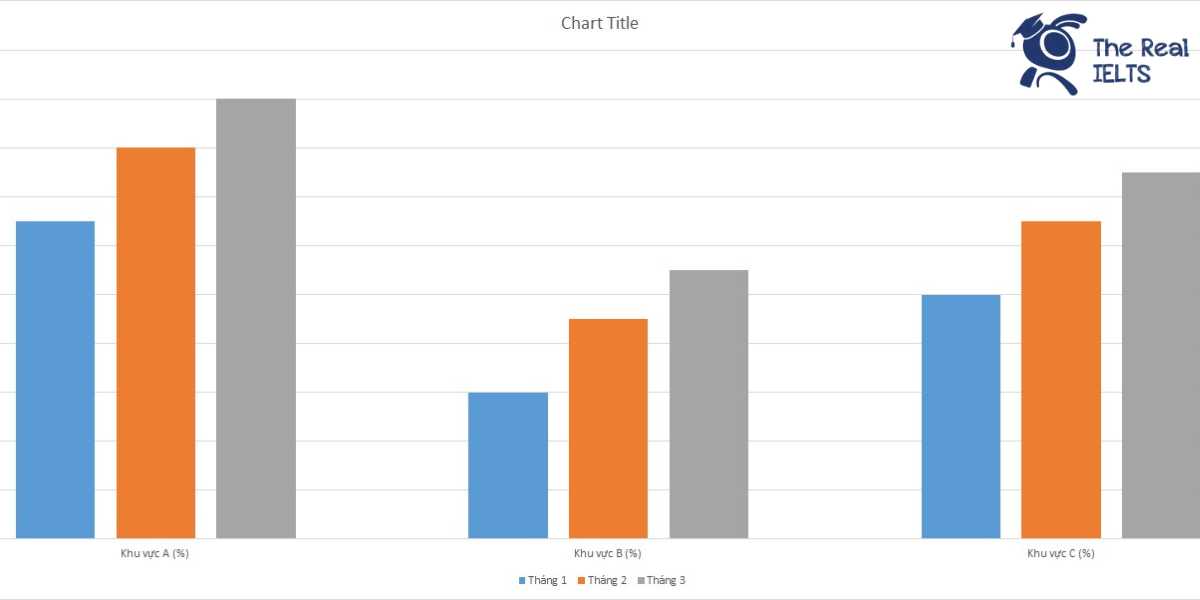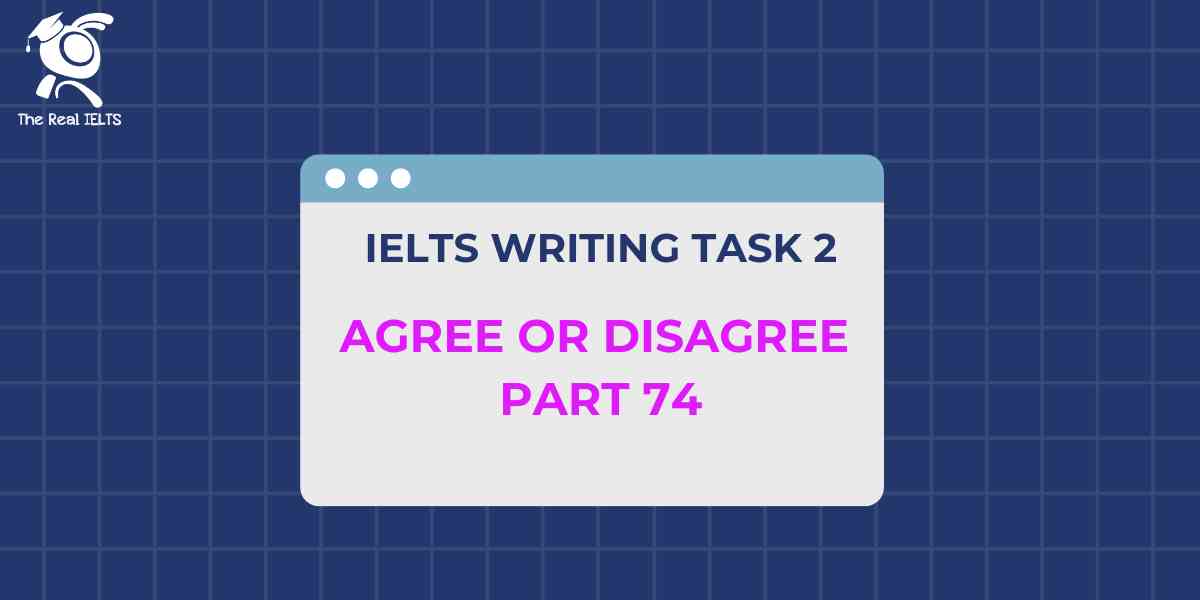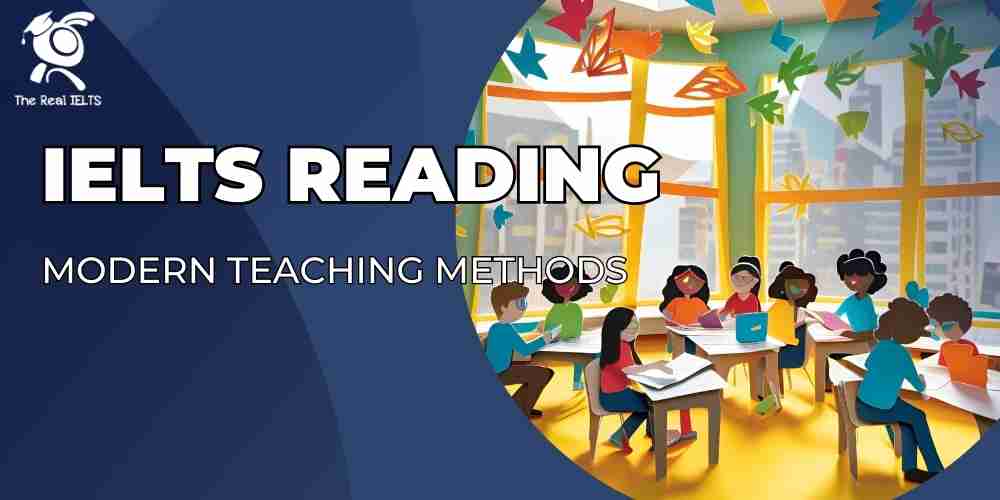Series luyện Writing Skill của The Real IELTS bài viết này có chủ đề Analyzing the Role of Social Media in Society.
Từ vựng và cụm từ vựng trong bài Writing Time Management
- Integral (adj.) – không thể thiếu, cần thiết
- Revolutionize (v.) – cách mạng hóa
- Adoption (n.) – sự áp dụng, sự tiếp nhận
- Interaction (n.) – tương tác
- Connectivity (n.) – tính kết nối
- Platforms (n.) – nền tảng, cơ sở
- Foster (v.) – nuôi dưỡng, khuyến khích
- Irrespective (adj.) – không minding, không quan tâm
- Features (n.) – tính năng
- Hashtags (n.) – dấu thăng, từ gắn kèm
- Disseminate (v.) – phổ biến, lan truyền
- Proliferation (n.) – sự sinh sôi, sự lan rộng
- Misinformation (n.) – tin tức sai lệch
- Distort (v.) – bóp méo, làm biến dạng
- Exacerbate (v.) – làm trầm trọng thêm, làm tồi tệ hơn
- Amplify (v.) – khuếch đại, tăng cường
- Mobilization (n.) – sự huy động, sự di động
- Grassroots (adj.) – cơ sở, từ dưới lên
- Ethical (adj.) – đạo đức, đạo đức học
- Surveillance (n.) – sự giám sát
- Commodification (n.) – sự hàng hóa hóa
- Attention (n.) – sự chú ý
- Concentration (n.) – tập trung, cô đặc
- Pervasive (adj.) – lan tràn, toàn diện
- Excessive (adj.) – quá mức, thái quá
- Loneliness (n.) – sự cô đơn, sự lẻ loi
- Normalization (n.) – sự thông thường hóa
- Authenticity (n.) – tính chân thực
- Intimacy (n.) – mối quan hệ, tình thân mật
- Self-expression (n.) – sự tự biểu hiện
Dàn ý triển khai
I. Introduction A. Definition of social media B. Overview of the widespread usage of social media platforms C. Thesis statement: Social media plays a multifaceted role in modern society, impacting communication, relationships, information dissemination, and socio-political dynamics.
II. Communication and Connectivity A. Facilitation of instant communication across distances B. Fostering connections and communities based on shared interests or identities C. Examples of positive impacts on relationships and networking
III. Information Dissemination and Access A. Rapid spread of news and information B. Democratization of information access C. Challenges of misinformation and echo chambers
IV. Influence on Socio-Political Dynamics A. Empowerment of marginalized voices and social movements B. Role in shaping public opinion and political discourse C. Risks of polarization and manipulation
V. Economic and Commercial Implications A. Platform for advertising and e-commerce B. Influence on consumer behavior and brand engagement C. Ethical considerations regarding data privacy and targeted advertising
VI. Psychological and Societal Impacts A. Effects on mental health and well-being B. Shifting norms of communication and social interaction C. Generation gap in attitudes towards social media use
VII. Conclusion A. Recap of the multifaceted role of social media in society B. Call for balanced approaches to maximize benefits while mitigating risks C. Future prospects and the evolving landscape of social media’s influence
Bài viết gợi ý
Analyzing the Role of Social Media in Society
Introduction
Social media has become an integral part of modern society, shaping how we communicate, access information, and engage with the world around us. Defined as online platforms and applications that enable users to create and share content, social media has witnessed widespread adoption, revolutionizing various aspects of human interaction. This essay explores the multifaceted role of social media in contemporary society, examining its impact on communication, information dissemination, socio-political dynamics, economics, psychology, and societal norms.
Communication and Connectivity
Social media platforms facilitate instant communication across geographical boundaries, enabling individuals to connect with friends, family, and communities irrespective of distance. Through features such as messaging, commenting, and video calls, platforms like Facebook, Twitter, and Instagram foster connections and relationships based on shared interests or identities. For instance, Facebook groups and Twitter hashtags create virtual communities where individuals can exchange ideas, offer support, and organize events, enhancing social connectivity in unprecedented ways.
Information Dissemination and Access
One of the most significant roles of social media is its ability to disseminate news and information rapidly. With billions of users worldwide, platforms serve as conduits for breaking news, citizen journalism, and user-generated content, democratizing access to information. However, the proliferation of misinformation and the rise of echo chambers pose significant challenges. Misleading narratives and filter bubbles can distort public discourse and exacerbate societal divisions, highlighting the need for media literacy and critical thinking skills in navigating the digital landscape.
Influence on Socio-Political Dynamics
Social media platforms wield considerable influence over socio-political dynamics, empowering marginalized voices and catalyzing social movements. From the Arab Spring to the Black Lives Matter movement, digital activism has reshaped the political landscape, amplifying grassroots mobilization and fostering collective action. Yet, social media’s role in shaping public opinion and political discourse is not without controversy. Concerns about filter bubbles, algorithmic bias, and foreign interference underscore the complex interplay between technology, democracy, and power dynamics.
Economic and Commercial Implications
In addition to its societal impact, social media has profound economic implications, serving as a platform for advertising, e-commerce, and brand engagement. Businesses leverage social media to target consumers, build brand awareness, and drive sales through targeted advertisements and influencer partnerships. However, ethical concerns regarding data privacy, surveillance capitalism, and algorithmic manipulation raise questions about the commodification of user attention and the concentration of corporate power in the digital sphere.
Psychological and Societal Impacts
The pervasive use of social media has sparked debates about its effects on mental health, social norms, and interpersonal relationships. Studies have linked excessive social media usage to increased feelings of loneliness, anxiety, and depression, raising awareness about the need for digital well-being practices. Moreover, the normalization of online communication has altered societal norms, blurring the boundaries between public and private spaces and reshaping the way we perceive authenticity, intimacy, and self-expression.
Conclusion
In conclusion, social media plays a multifaceted role in modern society, influencing communication, information dissemination, socio-political dynamics, economics, psychology, and societal norms. While it has democratized access to information, empowered marginalized voices, and facilitated global connectivity, social media also poses challenges such as misinformation, polarization, and privacy concerns. Moving forward, it is imperative to adopt a balanced approach that maximizes the benefits of social media while mitigating its risks. By fostering digital literacy, promoting ethical practices, and fostering inclusive online communities, we can harness the transformative potential of social media for the betterment of society.
Đọc lại: Writing skill part 4: Strategies for Effective Time Management.


